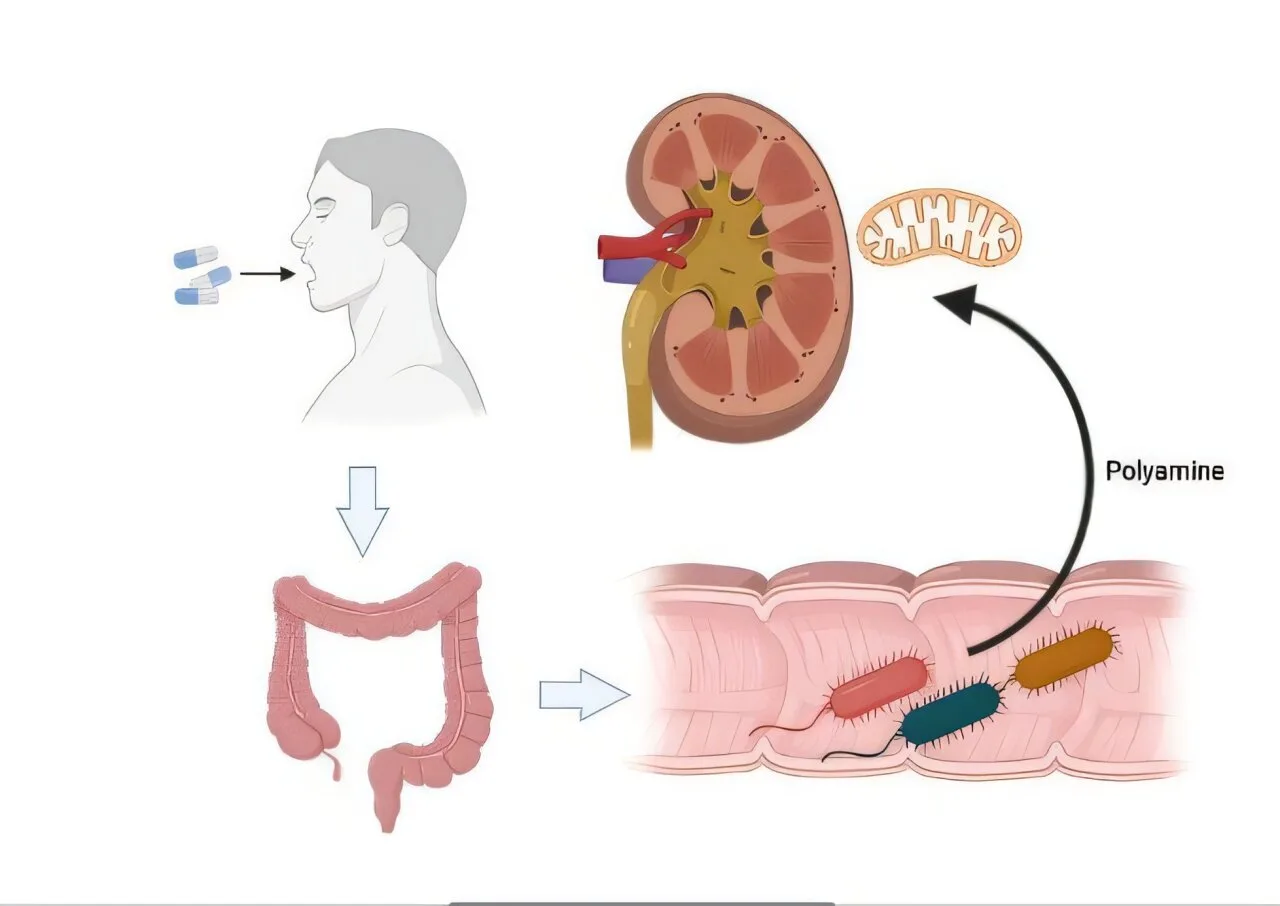The Urgent Need for Kidney Disease Treatments
Chronic Kidney Disease (CKD) poses a significant global health challenge, impacting millions worldwide. For numerous individuals, the progression of CKD leads to the necessity of ongoing dialysis treatments – a life-sustaining intervention required to compensate for failing kidney function. The reality is grim: kidneys cease to effectively filter waste and regulate essential bodily functions, leading to a build-up of toxins. Dialysis steps in to perform these vital tasks, but it’s a demanding and often debilitating process.
The Current Treatment Gap
Despite the critical nature of CKD and its widespread impact, a striking gap exists in available treatments. Currently, there are no pharmaceutical interventions specifically designed to improve or restore kidney function in patients with CKD. Management strategies primarily focus on slowing disease progression and alleviating symptoms. This often involves a combination of:
- Dietary modifications to reduce the burden on the kidneys
- Medications to control blood pressure and manage related complications like diabetes
- Lifestyle changes, such as regular exercise and smoking cessation
While these approaches are essential, they don’t address the underlying issue of impaired kidney function, highlighting the urgent need for innovative therapeutic options.
The Search for New Therapies
The absence of kidney function-improving drugs underscores the complexity of developing such treatments. The kidney is a highly intricate organ, and the mechanisms underlying CKD are multifaceted. Researchers are actively exploring various avenues, including:
- Targeting specific pathways involved in kidney damage and fibrosis (scarring)
- Developing regenerative therapies to promote kidney cell repair
- Investigating the potential of novel drug targets identified through genetic studies
Why New Treatments Matter
The development of drugs that can improve kidney function would represent a significant breakthrough, offering numerous benefits:
- Reduced reliance on dialysis, improving patients’ quality of life
- Slowing the progression to end-stage renal disease (ESRD)
- Lowering healthcare costs associated with dialysis and transplantation
- Potentially reversing some of the complications of CKD
Final Overview
The lack of effective treatments to improve kidney function in CKD is a pressing issue. The ongoing search for new therapies offers hope for millions of patients worldwide, promising to transform the management of this debilitating condition and improve the lives of those affected. The future hinges on continued research, innovation, and a commitment to addressing this unmet medical need.




+ There are no comments
Add yours